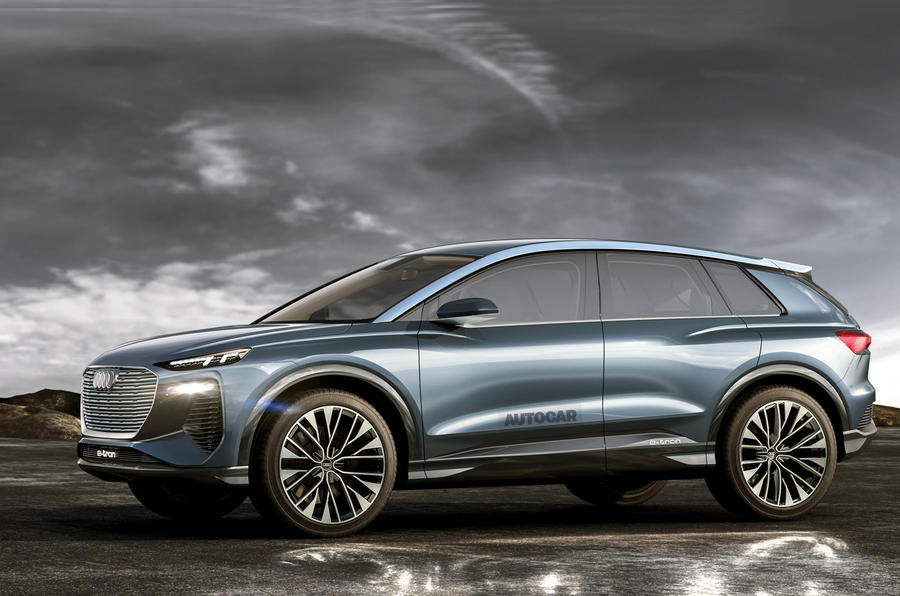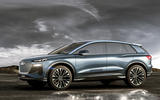Luxury firms Porsche and Audi are putting the final touches to a pair of co-developed high-performance electric SUVs, each of which will serve as a spearhead for a new family of premium-orientated and tech-rich electric cars built on an all-new architecture.
The new Porsche Macan EV and Audi Q6 E-tron – each technically unrelated to any existing models in their respective manufacturers’ portfolios – represent the next step in the rapid electrification plans laid out by the two German marques.
Each will serve as an electric alternative to their respective most popular combustion-engined models and should rapidly accelerate both Audi’s and Porsche’s transition to all-out electrification.
Porsche Macan EV

Porsche will look to build on the huge success of its debut EV, the Taycan, with a new electric take on the Macan SUV, which has been its best- selling car globally since 2015.
The Macan EV, due on sale next year, will arrive in dealerships around nine years after the current petrol-engined car, which was heavily updated in 2019, was revealed. But it won’t immediately replace its combustion-engined forebear; much like the Porsche Panamera remains on sale alongside the similarly sized and positioned Taycan, Porsche will continue to sell the existing Macan alongside the EV – although it has yet to give a fixed timeline for the model line going purely electric.
The Macan EV will be one of the first production cars to use Porsche and Audi’s Premium Platform Electric (PPE) architecture, which combines lements of the J1 architecture – used by the Porsche Taycan and Audi E-tron GT – and the MEB platform used more widely by the Volkswagen Group’s more mainstream EVs.
The PPE structure will form the basis of the group’s more dynamically focused and upmarket EVs, but so far only Porsche and Audi have confirmed its use for production cars. Lamborghini’s first EV is now expected to arrive after the group’s SSP platform is introduced and Bentley has lined up the new Artemis platform, currently in development at Audi, for its own first EV.
Porsche, unlike Volkswagen and Audi, decided not to adapt ICE car platforms for its first wave of EVs. Its R&D boss, Michael Steiner, said that “there’s always some compromise in weight, package and other dimensions” with a multi-powertrain platform.
























Join the debate
Add your comment
They are only doing what other brands are/ will do to their top selling models, where's the surprise?